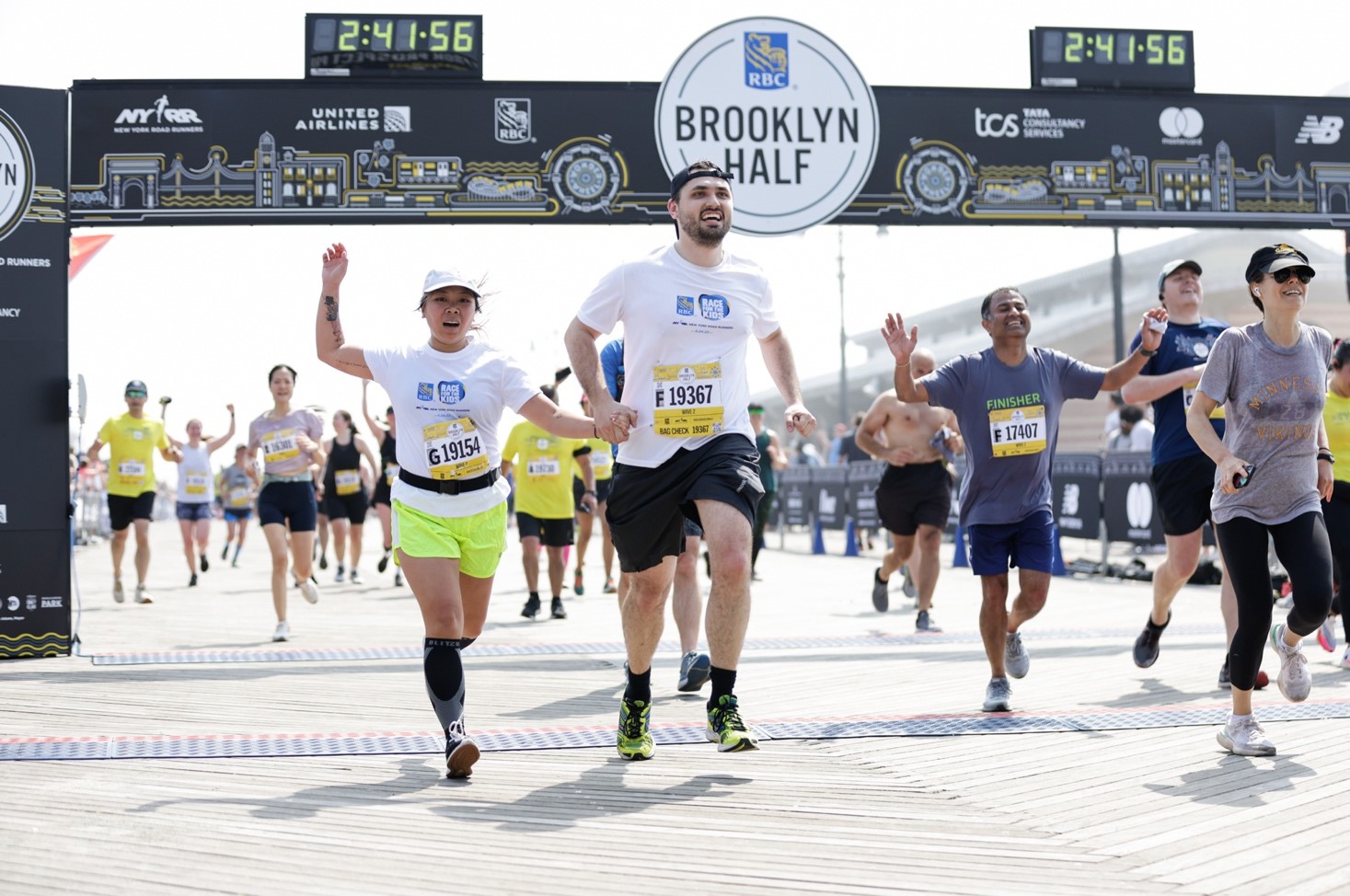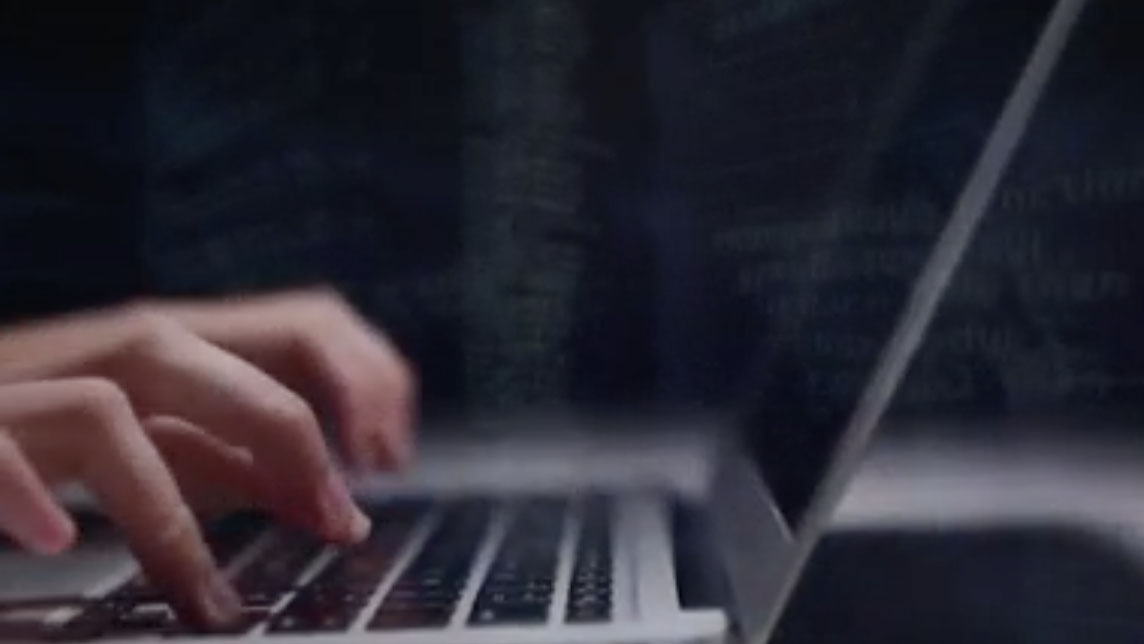What to Know
- New York City Mayor Bill de Blasio says the city has made a "curriculum agreement" with the largest teachers union on how they can move forward on plans to reopen school
- "Thousands" of newly certified teachers will be in place by the first day of class to support students divided by blended learning approaches, de Blasio said
- NYC Parks will begin granting permits Friday for youth baseball, softball, soccer, cricket, non-contact lacrosse and flag football leagues
With less than two weeks to go before the start of a new school year in New York City, Mayor Bill de Blasio is pledging additional classroom support by certifying thousands of new teachers to support schools meeting the demands of blended learning.
Indoor, outdoor, and remote learning will start Sept. 10 with the support of newly certified teachers made of up current Department of Education personnel, coaches, administrators and substitute teachers, de Blasio said Friday on WNYC.
The announcement of additional teaching support for New York City's 1,700 schools comes after warnings from educators worried about delivering quality education to students divided into different learning environments. A union representing principals says the current approach stretches teaching staffs too thin and fails to provide a "quality education" when "they're not even sure they have enough teachers."
"As school leaders process [the essential instructional guidance], distributed on the very day [the DOE was] required to share schedules with families, many will be forced to abandon their carefully considered plans and communicate to their superintendents that their school simply doesn't have enough staff to begin the year," CSA President Mark Cannizzaro wrote in a letter to City Hall. "We applaud your administration for its focus on science throughout this pandemic. We ask that you also focus on the math."
"I do hear the concerns of the principals, and that answer is coming to them very, very shortly," de Blasio said hours later on WNYC.
Michael Mulgrew, president of the United Federation of Teachers, echoed the staffing concerns Friday, saying, "Under the pressure of the pandemic, we have created a strategy to combine remote and in-person learning, a flexible system where a team of educators will work with a given group of students. But even with this approach, many schools will still face a staffing shortage, which the system will have to address."
After some back and forth, with UFT threatening to strike, the mayor said Thursday that the city had made a "curriculum agreement" with the union on how they can move forward.
"This agreement really respects our professionals, our educators, and respects their need to be able to have time to plan and time to work out their collaboration in the interest of everyone," de Blasio told reporters at a briefing. "It clarifies, of course, that there will be planning time every day for teachers, 30 minutes, at the start of the day to work out the team approach for that day and to work through how to maximize the use of technology for the good of all, while still getting the unbeatable impact of in-person learning."
Principals of some 1,700 New York City public schools are readying plans for outdoor learning; de Blasio also clarified Thursday that outdoor learning is optional.
Local
"It is not a requirement in the least. And clearly principals can work within their school building to achieve what they need to," de Blasio said, while also sounding off on critics who said the outdoor plan is too expensive. "There are so many people who don't know what the hell they're talking about...it doesn't cost anything. Principals can use schoolyards, courtyards, or close off a street near the school."
De Blasio and Schools Chancellor Richard Carranza have repeatedly said they would not allow any school or classroom to open unsafely. School officials say of the hundreds of schools inspected to date, 92 percent are in good shape for next month. Some had issues that will need to be addressed, including a school in Brooklyn where the windows were found nailed shut.
Of the more than 1,500 school buildings in the city, about 1,100 have been inspected so far. De Blasio said the city will soon post a list of where every school stands on inspections, including potential problems, online for transparency purposes. All inspections are set to be completed by September 4, although inspectors are on pace to be done sooner.
The mayor and Carranza said that two weeks is plenty of time to fix the issues that have come up, and de Blasio rejected the idea that the ventilation inspection blitz started too late. However Carranza has filed a waiver with the state, just in case something arises and they need to push back the first day of school.
The city's new agreement with the teachers union comes as Gov. Andrew Cuomo tweaked the standards for college re-closings across New York. The governor announced Thursday he lowered the threshold for re-closing facilities to 5 percent COVID test positivity rates or 100 cases. Previously, that threshold had been at 9 percent. National outbreaks at universities prompted the change.
That percent positivity threshold applies only to students and faculty on campus, not to the overall population in the New York region within which the college operates. Cuomo said he'd also re-close a college if there are 100 cases, if that number is lower than the 5 percent threshold for the school community.
If the positivity rate inches above those marks, the school must go to remote learning immediately for two weeks. The same goes if clusters emerge on certain campus even if the positivity rate stays below the new thresholds. After those two virtual-only weeks, the college will reassess in consultation with the local health department, Cuomo said. During that time, athletic activities and other extracurriculars must be suspended, and dining hall options must move to take-out only. If two weeks remote don't address the problem, remote learning may continue or other mitigation measures may be required.
"We should anticipate clusters," the governor told reporters on a conference call Thursday. "When you have large congregations of people, anticipate a cluster. Be prepared for it. Get ahead of it."
There have already been reports of large gatherings on college campuses in the area, some of which have led to suspensions at Marist College, Montclair State University, SUNY Plattsburgh and Syracuse.
At Purchase College in Westchester County, an extra layer of protection has been added to keep everyone in the community safe: pool testing of students and faculty, using saliva, done three times before Thanksgiving break.
"You take multiple samples and you test them all as one. And if you find any positive cases, then you do individual diagnostic testing," said SUNY Chancellor Jim Malatras.
That's what he's trying to do in Western New York, which has seen heightened positivity rates as of late. It reported more than 100 positive cases in a day for the first time since May, Cuomo said Thursday.
He said he'd deploy a "SWAT" team to the region to open up eight additional testing sites featuring rapid testing -- with same-day results available and some in just 15 minutes -- in an effort to try to clamp down on the spread before it turns into a more widespread outbreak.
The administration said dozens of cases have been linked to a food processing plant in Chautauqua County. Cuomo said there would be eight temporary rapid-test sites opening in Buffalo and western New York on Saturday.
For New York City, de Blasio has set a 3 percent daily COVID test positivity threshold as the mark for re-closure.
Right now, his focus is prioritizing school inspections so the city's 1,800 buildings are ready to welcome back hundreds of thousands of students for at least some in-person learning next month. The largest school district in the nation with more than 1.1 million students, New York City is the only one of the 10 biggest U.S. districts to incorporate a blended approach to start.
However, some pieces are not entirely complete yet. Parents only this week have received their schedules — known as "cohorts" — telling them which days their kids go to school. The rest of the time, it's remote learning with a different teacher. Critics have also worried about that the lack of WiFi or quick tech support will hurt students.
"We have to ensure students not only have a right to education, but actual tools to be educated," said NYC Councilman Richie Torres.
School districts from Chicago to Los Angeles and Houston have opted to start the 2020-21 academic year all virtual as they work to rebound from recent COVID spikes.
Daily Percentage of Positive Tests by New York Region
Gov. Andrew Cuomo breaks the state into 10 regions for testing purposes and tracks positivity rates to identify potential hotspots. Here's the latest tracking data by region and for the five boroughs. For the latest county-level results statewide, click here
Source: ny.gov
Meanwhile, the state as a whole continues to see low infection rates. New York reached 20 straight days with a daily COVID test positivity rate below 1 percent Thursday, one of the lowest rates in the nation.
The low infection rates have allowed phased reopening to continue. Gyms were allowed to reopen earlier this week, prompting the question of whether indoor dining would get the green light next. Cuomo addressed indoor dining in his conference call Thursday, saying his team is reviewing and monitoring the data on a daily basis and will make reopening determinations "at the appropriate time." He did note that restaurant compliance had been improving in New York City, which may indicate it's not far out.
The same applies to casinos and movie theaters, Cuomo said.
The mayor also confirmed NYC Parks will start issuing permits for outdoor sports. Starting Friday, permits will be granted for youth baseball, softball, soccer, cricket, non-contact lacrosse and flag football leagues.



